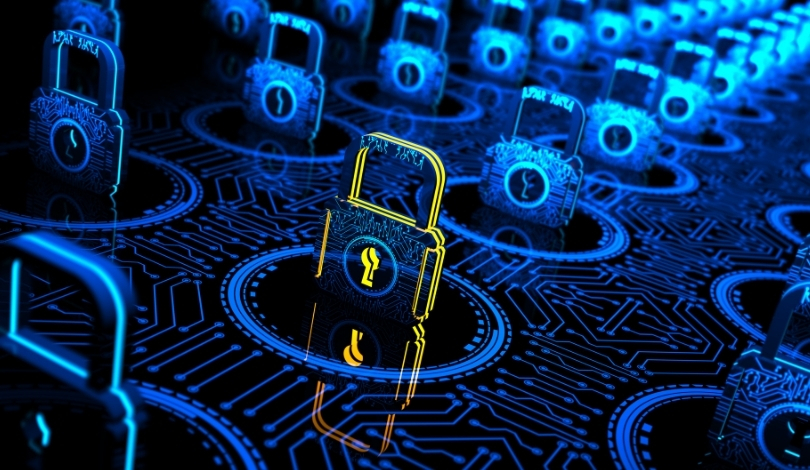HackerOne is actively voicing its apprehensions regarding the proposed UN Convention Against Cybercrime, emphasizing the treaty’s insufficient safeguards for security researchers acting in good faith. This stance underscores the platform’s commitment to fostering a secure digital environment by advocating for clear legal protections.
In previous discussions, similar concerns were echoed by various tech entities and human rights groups, highlighting a persistent issue with international cyber legislation. These organizations have consistently called for more precise language to prevent the misuse of laws against ethical hacking activities.
How Does the Treaty Affect Ethical Hackers?
The convention’s ambiguous language poses potential threats to ethical researchers, as it may lead to misinterpretation and misuse by nations with weaker cybercrime regulations. This ambiguity could inadvertently criminalize legitimate security testing, deterring valuable contributions to cybersecurity.
What Are HackerOne’s Recommendations?
HackerOne advocates for the inclusion of explicit protections for ethical hacking within the treaty. The company suggests that the United States should urge revisions and encourage other nations to adopt similar safeguards, ensuring that good-faith security efforts are not penalized under the new international framework.
Why Is International Collaboration Crucial?
Enhancing global cooperation is essential to effectively combat cybercriminal activities. However, without clear protections for researchers, international efforts could be hampered by legal uncertainties and increased risks for those dedicated to improving cybersecurity.
“Taking these and other steps to protect good faith security research will help ensure that policymakers around the world are aware of the treaty’s implications for security research and encourage them to adapt their legal frameworks to support, rather than hinder, ethical hacking,” Cohen wrote. This statement reflects HackerOne’s proactive approach in seeking a balanced treaty that fosters both security and innovation.
As the treaty approaches a vote in the UN General Assembly in December, the outcome remains uncertain. The support or opposition from various stakeholders, including government bodies and tech companies, will significantly influence the future landscape of international cyber laws and the protection of ethical researchers.
Experts suggest that the incorporation of clear ethical guidelines within such treaties is essential for maintaining robust cybersecurity defenses globally. By addressing the concerns raised by HackerOne and similar organizations, the international community can work towards a more secure and collaborative digital future.










